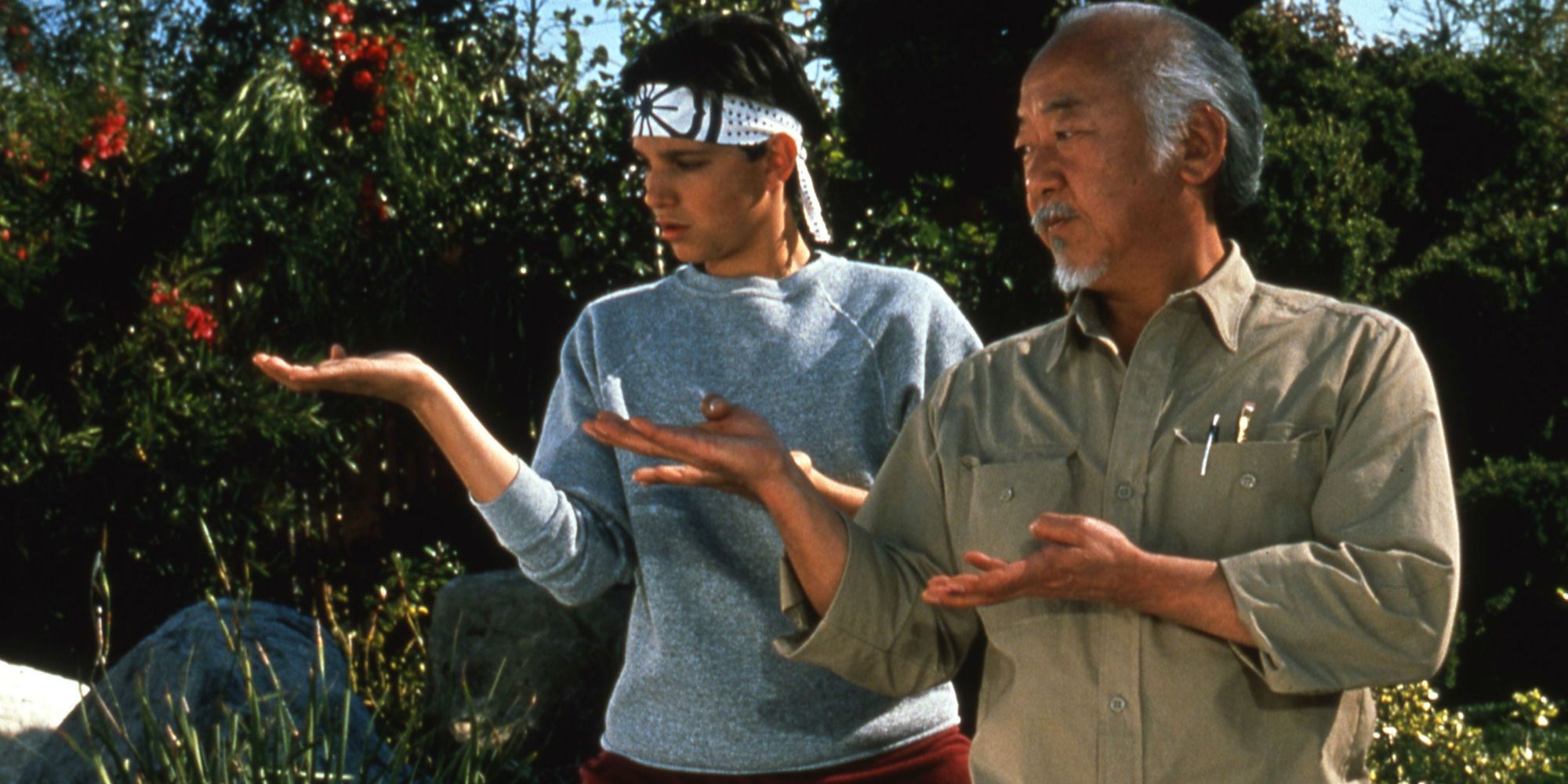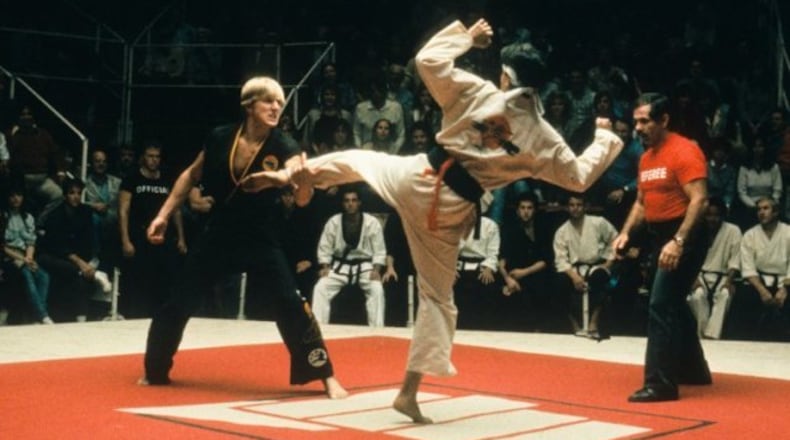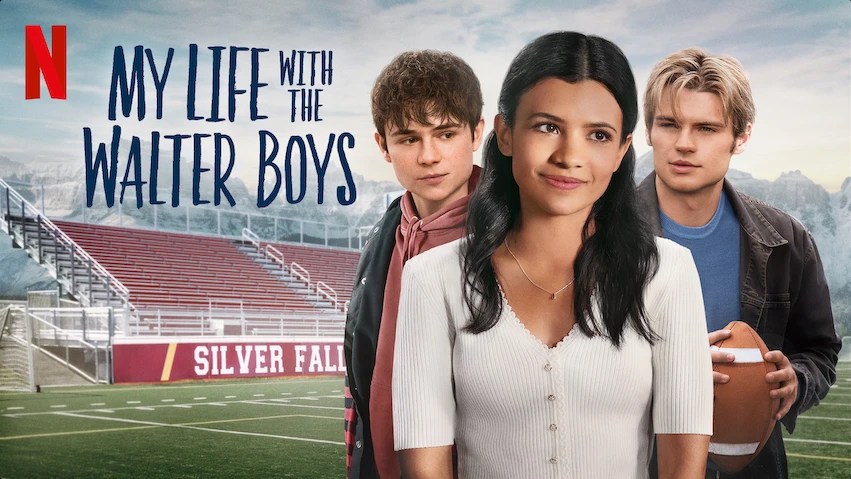Detailed Article on the Film The Karate Kid (1984)
The Karate Kid (1984) is a beloved American coming-of-age martial arts drama directed by John G. Avildsen and written by Robert Mark Kamen. Widely regarded as one of the most iconic youth sports films of all time, the movie tells a timeless story of perseverance, mentorship, and self-discovery. With memorable performances, a classic underdog narrative, and a cultural impact that endures decades later, The Karate Kid has cemented its place in film history.
The film follows Daniel LaRusso (Ralph Macchio), a teenager who moves from New Jersey to Southern California with his single mother. Trying to fit into a new environment, Daniel quickly becomes the target of bullying by a group of skilled karate students from the Cobra Kai dojo, led by the aggressive Johnny Lawrence (William Zabka). Outnumbered and outmatched, Daniel finds himself in constant danger and humiliation—until he forms an unlikely bond with Mr. Miyagi (Pat Morita), the quiet, wise, and eccentric handyman of his apartment building.

Mr. Miyagi, a Japanese-American World War II veteran and karate master, agrees to teach Daniel karate—but in an unconventional way. Instead of starting with combat techniques, Miyagi has Daniel complete seemingly mundane chores like waxing a car (“wax on, wax off”), sanding floors, and painting fences. These tasks, Daniel later realizes, are physical drills that train his body and mind, instilling patience, discipline, and muscle memory. Through this unique training, Daniel not only learns to defend himself but also grows in character and confidence.
The film builds toward the All-Valley Karate Tournament, where Daniel must face his bullies in an official, rule-bound environment. In a dramatic and emotionally satisfying climax, Daniel, despite his injuries, manages to overcome Johnny with the now-famous “crane kick,” a symbol of balance, courage, and triumph.
Ralph Macchio brings sensitivity and likability to the role of Daniel, making his transformation from insecure teenager to self-assured martial artist both believable and inspiring. However, it is Pat Morita’s performance as Mr. Miyagi that truly elevates the film. Morita earned an Academy Award nomination for Best Supporting Actor, delivering a portrayal that balances humor, wisdom, and emotional depth—especially in scenes that reveal Miyagi’s personal losses and quiet strength.

The Karate Kid is more than just a sports film; it is a deeply human story about mentorship, cultural respect, and personal growth. John G. Avildsen, who also directed Rocky, brings a similar underdog sensibility to this story, using a grounded, character-driven approach. The film’s themes of perseverance and honor continue to resonate with audiences of all ages.
Critically and commercially successful upon its release, The Karate Kid became a pop culture phenomenon. It spawned multiple sequels, a remake, and most recently, the hit streaming series Cobra Kai, which explores the characters' lives decades later. Iconic quotes, such as “Wax on, wax off” and “Strike first, strike hard, no mercy,” remain part of cinematic language today.

In summary, The Karate Kid (1984) is a classic film that skillfully blends martial arts action with heartfelt storytelling. It’s a film about standing up for oneself, respecting others, and finding strength through guidance and self-belief. Nearly 40 years later, it still inspires and entertains, proving that true strength comes not from the fists—but from within.



